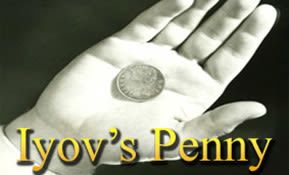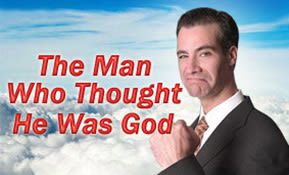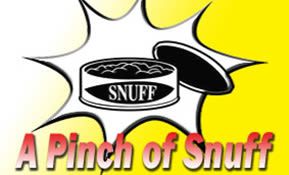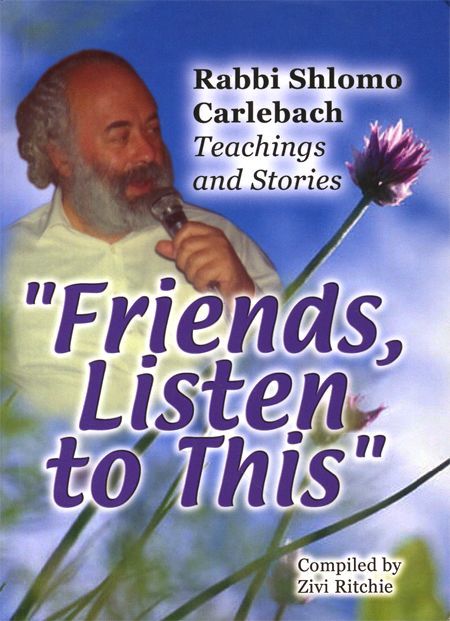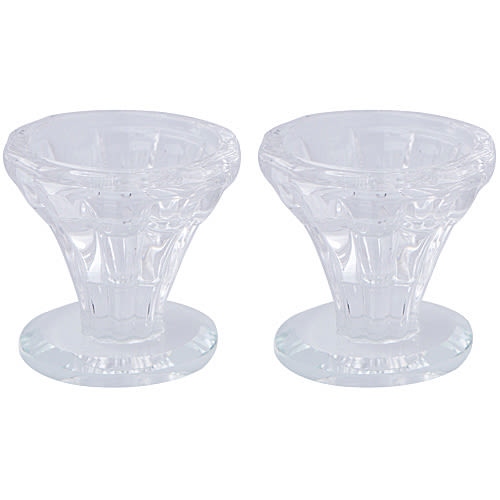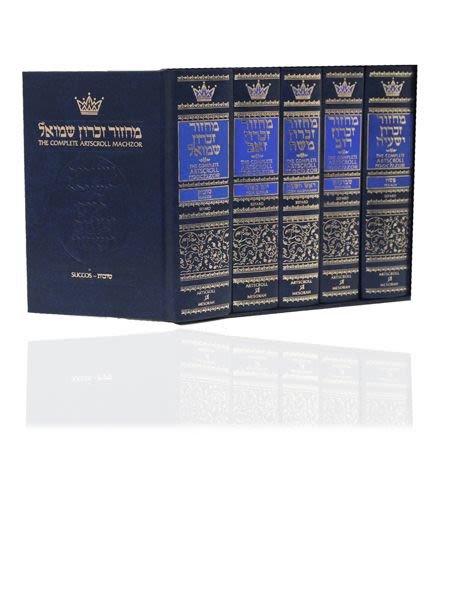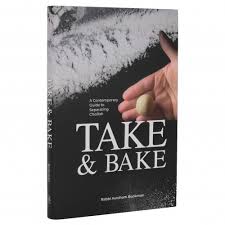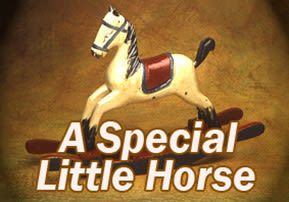
Toldot: A Special Little Horse
“Rabbi, you know how much I respect you, but this horse is special to me. Usually two larger horses have trouble pulling a wagon up the hill to my inn...

Parshat Toldot
“Rabbi, you know how much I respect you, but this horse is special to me. Usually two larger horses have trouble pulling a wagon up the hill to my inn, but amazingly, this horse can do it all by itself.”
"I know not the day of my death" (Bereishit 27:2)
The Midrash teaches that no man knows the day of his death. If one did know, he would become terrified as it approached. Also one would not repent until the last possible moment, and thus would loose interest in living and not fulfill his purpose in this world – which is to create a dwelling place for Him among the mundane.
* * *
Atop a hill at the outskirts of a small village, high in the Carpathian Mountains, there sat a small inn that was frequented by weary travelers.
The holy Baal Shem Tov once stopped at this inn. The innkeeper, although an unlearned and simple Jew, was a great admirer of the Baal Shem Tov. As soon as the holy sage arrived, the innkeeper and his family ran to greet him. “Welcome my Rabbi Israel! We’re honored to have you here!”
While the innkeeper and his wife prepared refreshments for their special guest, the Baal Shem Tov unhitched the horses from the wagon and led them into the barn to be watered and fed. While in the barn, he lingered awhile and walked past the stalls, gazing at the horses.
Later that evening, the Baal Shem Tov spoke to the innkeeper. “Please tell me about your business.”
The innkeeper described the mundane details of his business, how he made money, his relationship with the poritz (Polish landlord), and his typical everyday problems.
“Do you have any exceptional horses I can see?” asked the Baal Shem Tov.
“Actually I do have one or two fine horses,” replied the innkeeper. In those days a good horse was a great asset.
“Can you show me your fine horses?” asked the Baal Shem Tov.
The innkeeper was a surprised that the Baal Shem Tov, such a holy tzaddik, was interested in his horses, but he took him to his barn. The Baal Shem Tov walked from stall to stall carefully looking at each horse.
Finally they came to the last stall where there was a horse, smaller than the others. The Baal Shem Tov gazed at the horse for a few long minutes.
“Would you trade this horse for one of the larger, younger horses that I use to pull my carriage?” asked the Baal Shem Tov.
“Oh, Rabbi! I wouldn’t trade this horse, but I will trade any other horse in this barn.”
“What if I were to offer you two of my horses for this one small horse?" asked the Baal Shem Tov.
The innkeeper was a little embarrassed to be haggling with a tzaddik.
“Rabbi, you know how much I respect you, but this horse is special to me. Usually two larger horses have trouble pulling a wagon up the hill to my inn, but amazingly, this horse can do it all by itself.”
The Baal Shem Tov and the innkeeper returned to the inn and sat in front of the fireplace as the Baal Shem Tov smoked his pipe.
"My friend, are their any debts owed to you?" he asked.
The innkeeper smiled. “Rebbe, in this business I have many ‘friends’ who do not always have enough money to pay for their stay here, so I put it on their bill. And sooner or later, they pay their debts.”
“And do you have any bills that haven’t been paid which you can show me?” asked the Baal Shem Tov.
“Of course” said the innkeeper.
The Baal Shem Tov went through the stack of bills, pulled one out and looked at it. “This is an old one for a Reb Chaim.”
“Oh, dear Reb Chaim!” exclaimed the innkeeper, “he died several years ago, may he rest in peace,” he said sarcastically.
“Is there something about Reb Chaim that bothers you?” asked the Baal Shem Tov.
“Well," answered the innkeeper, "Reb Chaim could consume a great deal of vodka, and more often than not he didn’t have any money to pay for it. Still he was a good-hearted, jovial fellow, and I couldn’t turn him down. When I reminded him about paying his bill, he would just say, 'I swear on my soul, one day I will pay you back.' Then one day, after a few too many drinks, he drove his wagon down the hill in front of my inn, fell off and died. It was a great tragedy. But frankly no one was as sad as me because of the amount of his bill.”
“Could I have Reb Chaim’s bill?” asked the Baal Shem Tov.
“If you wish,” replied the puzzled innkeeper. “It is of no value to me.”
The Baal Shem Tov took the bill and said, “Would you forgive Reb Chaim the debt?”
“What do you mean?” asked the innkeeper.
“Can you could release him from his debt and let go of any bad feelings you have towards Reb Chaim?”
“All right” he replied. “Reb Chaim -I forgive you.
May you rest in peace," the innkeeper said with a sigh of relief.
The Baal Shem Tov took the bill and threw it into the fireplace where it was engulfed by the flames.
The Baal Shem Tov turned to the innkeeper and said, “Come, let’s go out again to your barn.”
In the barn, the innkeeper was shocked to find his small, favorite horse dead in his stall. The Baal Shem Tov explained, “The soul of Reb Chaim could not rest in the next world because of his unpaid debt to you. So his soul returned into the body of this horse to work off his debt. That is why this horse worked harder than any of your others. Now that you have forgiven him, he has been released and his soul can go to its Heavenly resting place above.”
And so it was.
***
Tzvi Meir Cohn attended Yeshiva Hadar Hatorah in Crown Heights, Brooklyn after completing his university studies in Engineering and Law. While studying at the Yeshiva, he discovered a deep connection to the stories and teachings of the Baal Shem Tov. His many books about the Baal Shem Tov can be found in the Breslev Store. He can be contacted at howard@cohnpatents.com.


